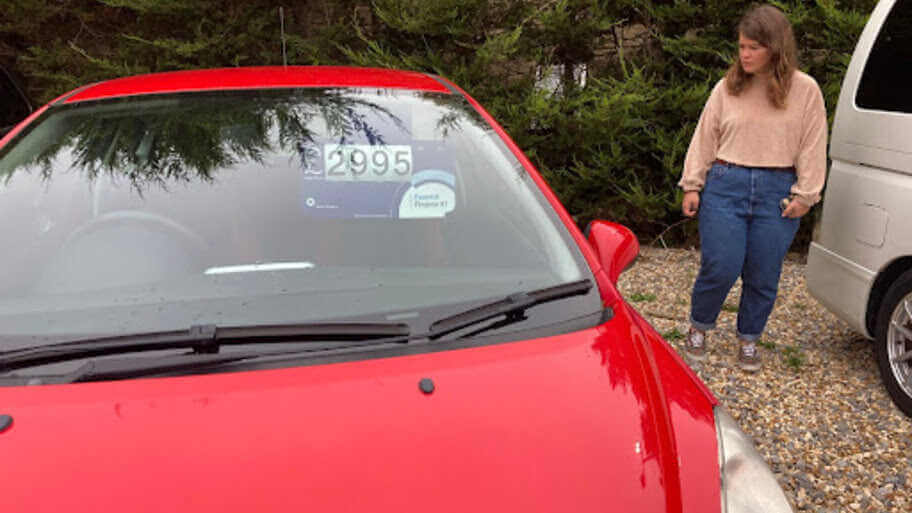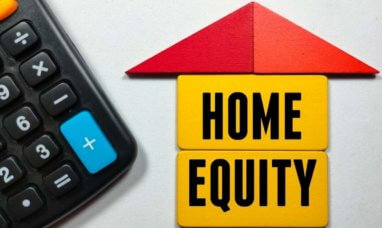In the market for a used car? Whether dealing with a private owner or a car dealership, it’s easy to get taken advantage of when making an auto purchase.
However, if you go into the negotiation armed with knowledge and numbers, you can come out of the deal with a bargain that works for you.
We provide you with everything you need to know to negotiate a better deal for a used car.
How to Play the Game
Before you begin, there are some tricks and tips you need to be aware of to make the best decisions possible when negotiating. Sometimes this can be a stressful situation, especially when a salesperson is trying to wear you down or confuse you with options or a lot of numbers.
Go into the game with a winning strategy:
-
-
- Don’t let anyone coerce you into beginning negotiations until you are ready. Have your facts and research prepared before you begin.
- If a salesperson is making you uncomfortable or being aggressive, walk away. This is not an environment conducive to fair negotiations and you should be in a relaxed environment.
- Keep the discussion to numbers and cold-hard facts; don’t let your emotions get in the way of your deal and tread carefully to avoid raising those of your seller.
- The most powerful tool at your disposal is the ability to walk away. Go into the deal with an understanding that if you aren’t getting what you expect, you will leave, and stick to that plan.
-
Value Your Prospective Car
The Kelly Blue Book is a great friend and resource to determine the actual value of a used car.
This should be one of your first stops when collecting information as it will tell you what people typically pay for the vehicle, giving you a realistic estimate so that you can immediately tell if someone is trying to take advantage of you.
It also gives you a good place to start when planning your opening offer, as you have the standard value already and can make a plan to negotiate a deal.
Also, it is in your best interest to be pre-approved for an auto loan upfront, whether you actually intend to make use of it or not because it gives you leverage and provides an option for you. Make sure to use an auto loan per diem calculator to evaluate your interest rates.
Randolph-Brooks Federal Credit Union (RBFCU) is one option to consider. An RBFCU pre-approval car loan can not only save you money, but they provide an RBFCU auto loan calculator to make it easier to determine the value of your loan.
The Opening Offer
With numerical statistics and pre-approval in hand, it’s time to plan an opening offer.
There are some advantages of buying a used car from a dealer, such as acquiring a warranty, and advanced knowledge of the product, but you have to be careful because they can use this expertise to take advantage if you let them.
You want to avoid making the first offer if you can because if you do, you’re putting your cards on the table immediately, whereas if you can get the salesperson to open first, you might get an offer that is better than you expected, which will give you wiggle room to finagle even better savings.
Let them know you’ve researched the car’s value to lessen the chance that they will try to take advantage of you. Try to use that to encourage the dealer to make that first offer, but if you can’t, set your opening offer reasonably below the market value, but still in the realm of reality, to give yourself a better chance with negotiations.
A car dealership will probably express more interest in negotiating based on your monthly budget, but that’s a shark attack as it skews the total value of the deal, making it easier for them to take advantage of you.
This is where your pre-approval comes into play because you can let them know you are paying in cash and are only interested in the total price of the deal.
When you make that opening offer, disregard any theatrics and pay attention to whether the dealer suggests taking the deal to his manager. That’s typically a good sign and lets you know that you have a good chance to negotiate this deal in your favor.
The Counteroffer
Inevitably, you will receive a counteroffer. If that offer is close in value to your Blue Book stats, this has a lot of potential. If the counteroffer is a joke, you’re more than likely wasting your time and should just walk, but do so in a way where you can give the dealer time to redeem themselves if they want to make a reasonable offer.
Raise your own counteroffer by increments, each smaller than the last. It’s very important to write down your offers because a savvy salesperson will try to lose you in the numbers and confuse you.
Also, don’t let the dealer keep going back and forth to consult a manager as it’s a stalling tactic. Let him know you don’t have time and if he can’t provide you with an answer right now, you need to leave.
Weeding Out the Extras and Finalizing the Deal
As the deal begins to wind to a close, the salesperson is going to start offering you extras such as protection or maintenance, and it’s in your best interest to curtail this and stick to just the price of the car. You want things to remain simple and easy to comprehend.
If you’re satisfied and ready to make a deal, don’t sign before asking to see your final costs. This will allow you to stop any unnecessary fees and keep things on the level. All you should be required to pay is the agreed-upon price for the used car, any relevant sales tax, and documentation and registry fees. That’s it.
If everything looks good, put pen to paper and enjoy the savings you managed to broker with your incredible negotiating skills.
Dealing with Private Sellers
There are a few differences when dealing with a private seller than from a car dealership and questions to ask when buying a used car privately.
-
-
- You’re dealing with the decision-maker so there’s no back and forth
- The atmosphere is usually more relaxed
- Due to a lack of expertise, they may request more than the value of the vehicle. Have your blue book handy to use to back up your assessment of the high price, and always try to justify things with reasoning. As this is their personal car and potentially meant a lot to them, you have to approach the deal carefully.
- If you can’t reach a deal, give them their phone number. After consideration, they may later come around to your way of thinking
-
Featured Image: Twenty20








